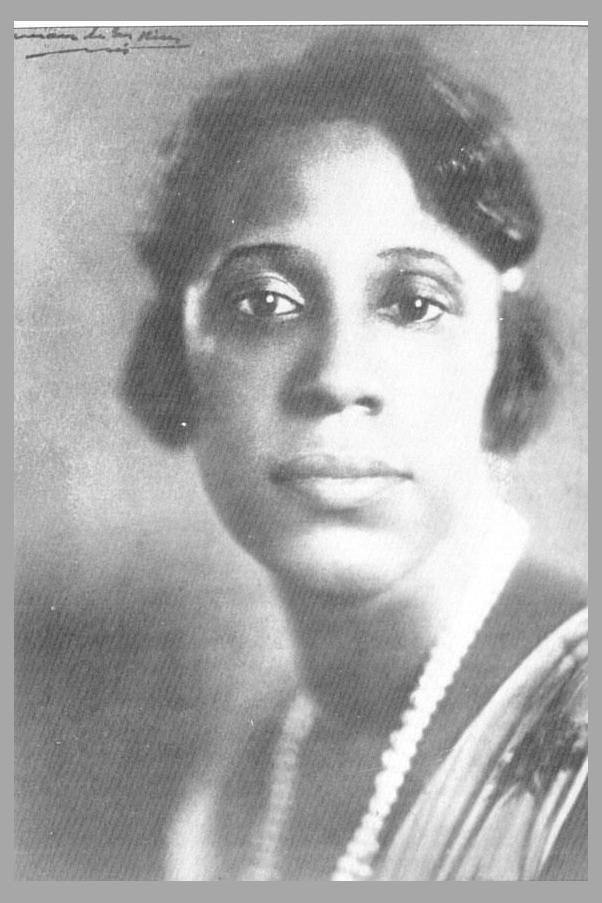 Zaíra de Oliveira
Zaíra de Oliveira
Zaíra de Oliveira: A Trailblazing Voice in Brazilian Music
Amidst the vibrant musical landscape of Brazil, Zaíra de Oliveira emerged as a formidable force, leaving an indelible mark on the country's cultural tapestry. Her signature song, "Cabeleira À La Garçonne," became an anthem of liberation and empowerment, resonating deeply with Brazilian society.
Early Life and Career
Born in Salvador, Bahia, in 1911, Zaíra de Oliveira's passion for music ignited at a young age. Despite societal norms that discouraged women from pursuing such a career, she defied conventions and embarked on her musical journey.
Her early performances in vaudeville theaters and nightclubs caught the attention of the renowned composer Lamartine Babo, who recognized her exceptional talent. Under his guidance, Zaíra honed her vocal prowess and repertoire, which included both traditional Brazilian melodies and modern compositions.
Rise to Fame and "Cabeleira À La Garçonne"
In 1932, Zaíra's breakout moment came with the release of the song "Cabeleira À La Garçonne." Inspired by the iconic short haircut popularized by Coco Chanel, the lyrics celebrated the newfound freedom and independence of women. The song resonated with Brazilian women, who embraced it as a symbol of their own liberation from societal constraints.
"Cabeleira À La Garçonne" became a runaway hit, propelling Zaíra to national stardom. Its infectious rhythm and empowering message made it an anthem of the Brazilian feminist movement, while also garnering international acclaim.
Challenges and Controversies
Zaíra's success was not without its challenges. As a woman in a male-dominated industry, she faced discrimination and resistance. However, her determination and unwavering spirit allowed her to overcome these obstacles.
Additionally, her outspoken nature and support for social justice sometimes sparked controversy. Her performances were occasionally banned by authorities who deemed her songs too subversive. Nonetheless, Zaíra remained defiant, using her music as a platform to advocate for marginalized groups.
Discography and Collaborations
Zaíra de Oliveira's prolific career spanned several decades, during which she released numerous albums and collaborated with some of Brazil's most celebrated artists. Her discography includes timeless classics such as "Camisa Listrada," "A Vida É Assim," and "Adeus, Batucada."
She collaborated with renowned composers like Dorival Caymmi and Ary Barroso, creating enduring musical masterpieces that continue to captivate audiences to this day.
Legacy and Impact
Zaíra de Oliveira's contributions to Brazilian music are immeasurable. She was a pioneer for women in the industry and an icon of the feminist movement. Her music empowered and inspired generations of Brazilians, leaving a lasting legacy that resonates to this day.
Zaíra's daughter, Rosa Maria Oliveira, also became a successful singer, carrying on her mother's musical heritage. Today, Zaíra de Oliveira's songs are still widely celebrated in Brazil and around the world, a testament to her enduring influence as a trailblazing artist.
Members
Zaíra de Oliveira's musical journey was not a solo endeavor. She was accompanied by a talented group of musicians, including:
* Zaíra de Oliveira (vocals)
* Antônio Rago (guitar)
* Orlando Silveira (accordion)
* Carlos Machado (cavaquinho)
* Luís Americano (drums)
Amidst the vibrant musical landscape of Brazil, Zaíra de Oliveira emerged as a formidable force, leaving an indelible mark on the country's cultural tapestry. Her signature song, "Cabeleira À La Garçonne," became an anthem of liberation and empowerment, resonating deeply with Brazilian society.
Early Life and Career
Born in Salvador, Bahia, in 1911, Zaíra de Oliveira's passion for music ignited at a young age. Despite societal norms that discouraged women from pursuing such a career, she defied conventions and embarked on her musical journey.
Her early performances in vaudeville theaters and nightclubs caught the attention of the renowned composer Lamartine Babo, who recognized her exceptional talent. Under his guidance, Zaíra honed her vocal prowess and repertoire, which included both traditional Brazilian melodies and modern compositions.
Rise to Fame and "Cabeleira À La Garçonne"
In 1932, Zaíra's breakout moment came with the release of the song "Cabeleira À La Garçonne." Inspired by the iconic short haircut popularized by Coco Chanel, the lyrics celebrated the newfound freedom and independence of women. The song resonated with Brazilian women, who embraced it as a symbol of their own liberation from societal constraints.
"Cabeleira À La Garçonne" became a runaway hit, propelling Zaíra to national stardom. Its infectious rhythm and empowering message made it an anthem of the Brazilian feminist movement, while also garnering international acclaim.
Challenges and Controversies
Zaíra's success was not without its challenges. As a woman in a male-dominated industry, she faced discrimination and resistance. However, her determination and unwavering spirit allowed her to overcome these obstacles.
Additionally, her outspoken nature and support for social justice sometimes sparked controversy. Her performances were occasionally banned by authorities who deemed her songs too subversive. Nonetheless, Zaíra remained defiant, using her music as a platform to advocate for marginalized groups.
Discography and Collaborations
Zaíra de Oliveira's prolific career spanned several decades, during which she released numerous albums and collaborated with some of Brazil's most celebrated artists. Her discography includes timeless classics such as "Camisa Listrada," "A Vida É Assim," and "Adeus, Batucada."
She collaborated with renowned composers like Dorival Caymmi and Ary Barroso, creating enduring musical masterpieces that continue to captivate audiences to this day.
Legacy and Impact
Zaíra de Oliveira's contributions to Brazilian music are immeasurable. She was a pioneer for women in the industry and an icon of the feminist movement. Her music empowered and inspired generations of Brazilians, leaving a lasting legacy that resonates to this day.
Zaíra's daughter, Rosa Maria Oliveira, also became a successful singer, carrying on her mother's musical heritage. Today, Zaíra de Oliveira's songs are still widely celebrated in Brazil and around the world, a testament to her enduring influence as a trailblazing artist.
Members
Zaíra de Oliveira's musical journey was not a solo endeavor. She was accompanied by a talented group of musicians, including:
* Zaíra de Oliveira (vocals)
* Antônio Rago (guitar)
* Orlando Silveira (accordion)
* Carlos Machado (cavaquinho)
* Luís Americano (drums)